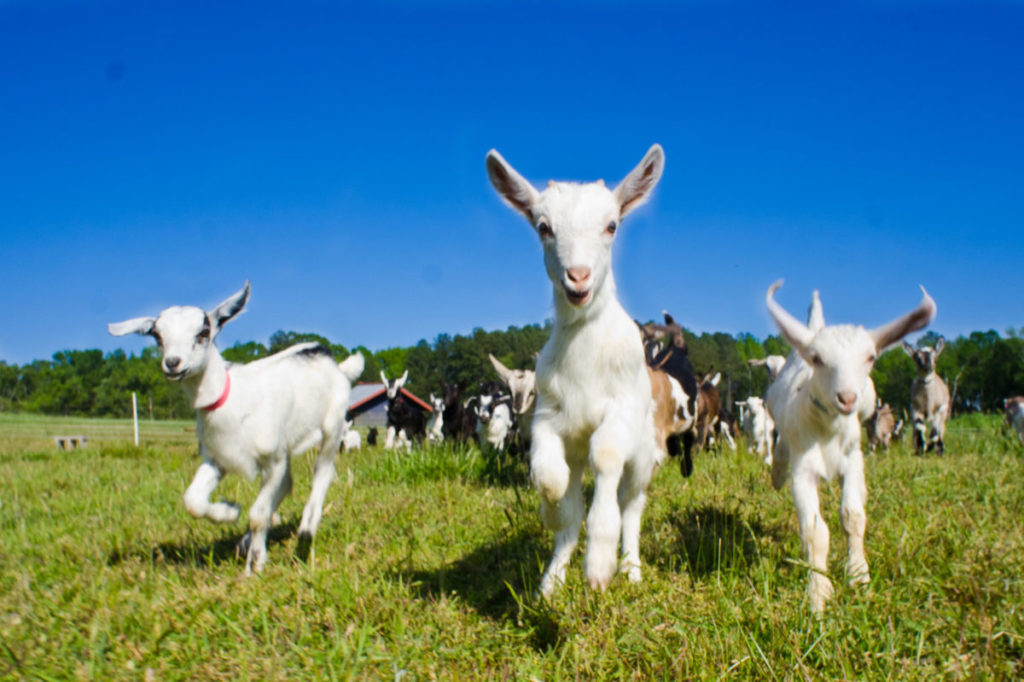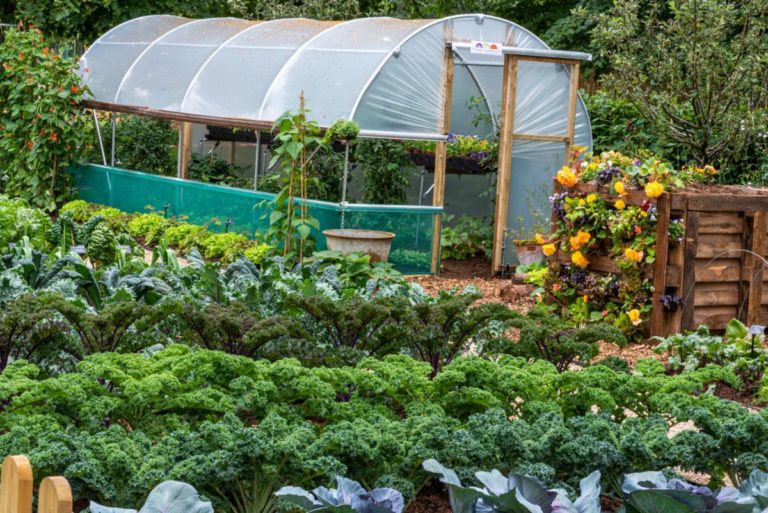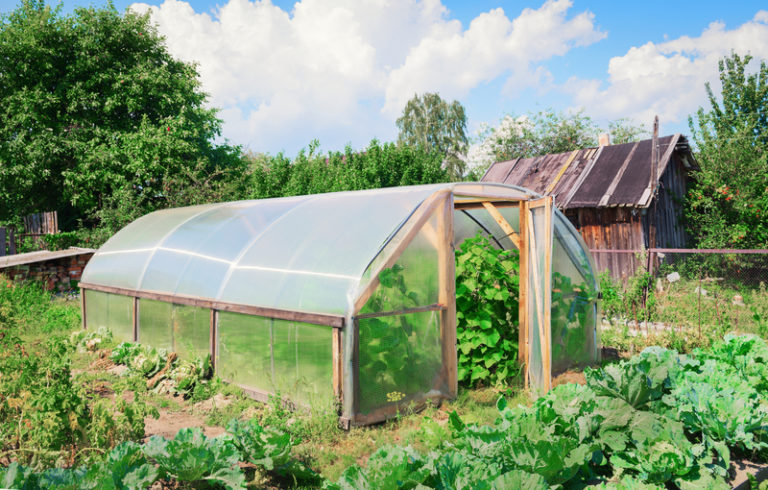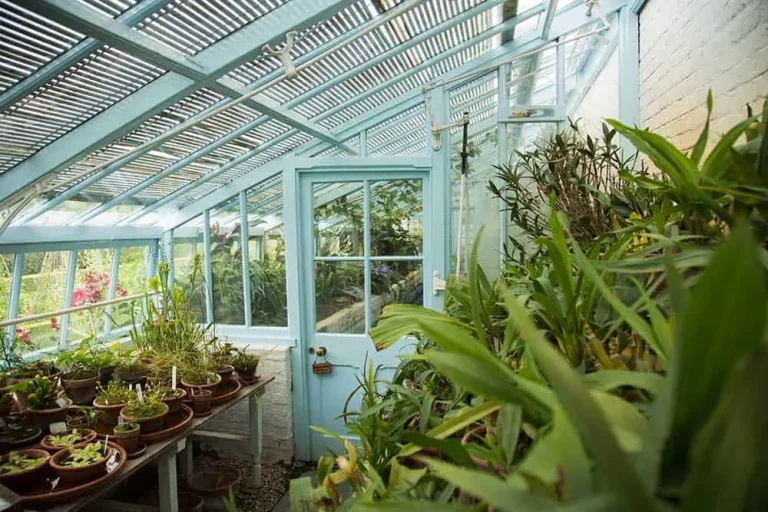Living off the grid with goats can be a rewarding and self-sufficient lifestyle, but it requires careful planning, preparation, and execution.
Before embarking on this journey, there are several essential skills that you must master to ensure your success.
These skills include understanding goat behavior and psychology, selecting the right breed for your needs, creating a suitable living space, providing appropriate nutrition and healthcare, and managing waste and resources sustainably.
By mastering these critical skills, you can create a thriving off-grid homestead that benefits both yourself and your goats.
Goat husbandry
This includes knowledge of goat behavior, nutrition, health, and breeding. You should also be familiar with the different goat breeds and their characteristics.
To excel in goat husbandry, you should possess in-depth knowledge of goat behavior, including their social structures, feeding habits, and communication patterns.
This knowledge will enable you to handle and manage goats effectively, as well as to address any behavioral issues that may arise.
You should be well-versed in goat nutrition, recognizing the importance of providing a balanced diet that meets the unique needs of each goat.
This includes understanding the nutritional requirements of different goat breeds and adapting their feed accordingly.
Knowledge of goat health is also important, as goats are susceptible to various diseases and parasites.
Familiarity with common health issues and their appropriate treatments is essential to maintaining a healthy herd.
Understanding the different goat breeds and their characteristics is important for selective breeding, which can help improve the quality of your herd.
Familiarize yourself with the various breeds, their strengths, and their weaknesses to make informed decisions when selecting breeding stock.
By mastering these aspects of goat husbandry, you’ll be well-equipped to successfully manage and maintain a thriving goat herd.
Gardening
Growing your own food is important when living off the grid, and goats can be a great help in maintaining your garden. You should learn how to cultivate and harvest a variety of crops, including fruits, vegetables, and grains.
When living off the grid, growing your own food is not only essential for survival, but it also allows you to have control over the quality and taste of your produce.
Gardening is a vital aspect of off-grid living, and goats can be a great help in maintaining your garden.
By learning how to cultivate and harvest a variety of crops, including fruits, vegetables, and grains, you can ensure a consistent and nutritious food supply.
Goats can help with garden maintenance by eating weeds and other unwanted vegetation, providing natural fertilizer for your crops.
Goats can serve as a source of food themselves, providing meat and dairy products.
By incorporating goats into your off-grid lifestyle, you can create a sustainable and self-sufficient food system.
Water collection and storage
You will need to collect and store water for both human and animal consumption. This includes understanding rainwater harvesting systems and building a reliable water storage tank.
Water collection and storage is a important aspect of sustainable living, especially during times of drought or other water shortages.
To ensure a reliable source of clean water, it is essential to understand rainwater harvesting systems and build a sturdy water storage tank.
Rainwater harvesting systems involve collecting and channeling rainwater from rooftops and other surfaces into a storage tank.
This can be achieved through the use of gutters, downspouts, and other components that help to direct and filter the rainwater.
Once collected, the water can be stored in a variety of containers, including large tanks, cisterns, and even underground storage tanks.
A reliable water storage tank is essential for storing and preserving rainwater for both human and animal consumption.
When selecting a storage tank, consider the size, material, and durability of the tank, as well as the system’s capacity to handle heavy rainfall and prolonged periods of water storage.
Ensure that the tank is properly maintained and regularly cleaned to prevent the growth of harmful bacteria and sediment buildup.
Proper water collection and storage can not only provide a reliable source of clean water, but also help to conserve this precious resource.
By reducing the amount of stormwater runoff and conserving water for non-potable uses, such as irrigation and toilet flushing, you can help to minimize your environmental impact and create a more sustainable living environment.
Renewable energy
Living off the grid requires alternative energy sources like solar, wind, or hydro power. You should learn how to install and maintain these systems to provide electricity for your home.
Living off the grid requires a reliable and sustainable source of energy, and renewable energy sources like solar, wind, and hydro power offer a viable alternative to traditional fossil fuels.
To install and maintain these systems, you’ll need to invest in high-quality equipment and learn the necessary skills for DIY maintenance and repair.
Solar Power: Solar panels can be installed on your roof or in a ground-mounted array, and they require minimal maintenance.
However, they can be affected by tree shade, weather conditions, and panel cleanliness.
You’ll need to monitor and adjust your system to ensure optimal performance.
Wind Power: Wind turbines can be installed on your property or in a community-shared wind farm.
They require periodic maintenance, such as blade cleaning and lubrication, and you’ll need to ensure that the system is integrated with your electrical system.
Hydro Power: Hydroelectric systems require a stream or river with sufficient flow and elevation change.
They can be more complex and expensive to install and maintain, but they can provide a reliable source of power.
Regardless of the renewable energy source you choose, it’s important to understand the unique challenges and opportunities associated with living off the grid.
You’ll need to be prepared for power outages, changing weather conditions, and the need for DIY troubleshooting and repair.
By investing in high-quality equipment and taking the time to learn the necessary skills, you can ensure a reliable and sustainable source of energy for your off-grid lifestyle.
Home building and repair
You will need to construct or renovate your home using local and sustainable materials. you should learn basic carpentry and plumbing skills to maintain and repair your home.
Building or renovating a home using local and sustainable materials is important for a self-sufficient and sustainable lifestyle.
Not only does this approach reduce the carbon footprint of your home, but it also promotes the use of locally sourced materials, thereby supporting the local economy.
When constructing or renovating your home, you should prioritize the use of natural and recycled materials, such as wood, bamboo, straw, and recycled materials.
Learning basic carpentry and plumbing skills is essential to maintain and repair your home.
By mastering these skills, you can address any issues that may arise with your home’s structure, electrical, and plumbing systems.
This will not only save you money but also empower you with the knowledge to tackle any DIY projects that may come your way.
Moreover, maintaining your home’s integrity through regular repairs and maintenance will ensure its longevity and sustainability.
With the right materials and skills, you can create a safe and comfortable home that aligns with your values and contributes to a more sustainable future.
Soap making and sanitation
Making your own soap and cleaning products is important when living off the grid. You should also learn proper sanitation and hygiene practices to keep yourself and your animals healthy.
Making your own soap and cleaning products is a important aspect of living off the grid, as it allows you to maintain personal hygiene and cleanliness without relying on commercial products that may be difficult to obtain or expensive.
Not only can you create soap that is tailored to your specific needs and preferences, but you can also avoid the use of harsh chemicals and artificial fragrances that can be detrimental to your health and the environment.
Learning proper sanitation and hygiene practices is essential for keeping yourself, your animals, and your living space clean and healthy.
This includes properly disposing of waste, regularly cleaning and disinfecting surfaces, and practicing good hand-washing techniques.
By mastering these skills, you can ensure the well-being of yourself and your animals, and prevent the spread of illness and disease.
Furthermore, making your own cleaning products can also be a fun and empowering experience, as it allows you to take control of your health and well-being.
By using natural ingredients and essential oils, you can create products that are not only effective but also gentle and nourishing for your skin and the environment.
Moreover, by avoiding commercial cleaning products that contain harmful chemicals, you can reduce your carbon footprint and contribute to a healthier and more sustainable lifestyle.
Overall, soap making and sanitation are essential skills for living off the grid, and can have a significant impact on your health, well-being, and quality of life.
First aid and emergency preparedness
Living off the grid can be unpredictable, and you should be prepared for any medical emergencies or natural disasters that may occur. This includes knowledge of basic first aid, herbal remedies, and disaster preparedness techniques.
Living off the grid can be a beautiful and rewarding experience, but it also comes with its own set of unique challenges and risks.
One of the most critical aspects of living off the grid is being prepared for any medical emergencies or natural disasters that may occur.
This includes possessing knowledge of basic first aid, herbal remedies, and disaster preparedness techniques.
First aid is an essential skill to have when living off the grid, as medical help may be hours or even days away.
It is important to know how to treat common injuries and illnesses, such as cuts, burns, and broken bones.
It is important to have a well-stocked first aid kit with essential supplies, such as bandages, antiseptic wipes, and pain relievers.
Herbal remedies can also be a valuable resource for those living off the grid.
Many herbs, such as lavender and chamomile, have natural healing properties that can help treat a variety of ailments, from anxiety and insomnia to fever and infection.
It is important to research and understand the properties of different herbs and how to use them effectively.
Disaster preparedness is another critical aspect of living off the grid.
This includes having a plan in place for natural disasters, such as earthquakes, hurricanes, and wildfires.
It is essential to have a stockpile of emergency supplies, such as food, water, and a battery-powered radio.
It is important to have a means of communication, such as a cell phone or a two-way radio, to stay in touch with loved ones and receive important updates.
Living off the grid requires a great deal of preparedness and planning.
From basic first aid and emergency preparedness to the specific challenges of living without access to public utilities, there are many factors to consider.
By doing your research and being proactive, you can ensure a safe and successful transition to an off-grid lifestyle.]]
Living off the grid can be a beautiful and fulfilling experience, but it requires a high degree of preparedness and planning.
One important aspect of off-grid living is first aid and emergency preparedness.
Medical emergencies can arise at any moment, and being prepared can mean the difference between life and death.
There are many herbs that have natural healing properties, such as lavender and chamomile, that can help treat a variety of ailments, from anxiety and insomnia to fever and infection.
However, it is important to research and understand the properties of different herbs and how to use them effectively.
In addition to basic first aid, disaster preparedness is another critical aspect of living off the grid.
From floods to power outages, natural disasters can be both devastating and unpredictable.
It is important to have an emergency kit with essentials like food, water, and medical supplies.
Living off the grid can be challenging and requires an adjustment, but being prepared for emergencies can give you a peace of mind that allows you to focus on the joys of living off the land.
Off-grid living requires a mindful approach to resource management.
Waste reduction and energy conservation should be priorities.
With a little bit of planning and research, it is possible to have a safe and sustainable off-grid lifestyle.
Marketing and sales
If you plan to sell goat milk, cheese, or other products, you will need to learn how to market and sell them effectively. This includes creating a brand, building a website, and using social media to reach customers.
To successfully market and sell goat milk, cheese, or other products, it is essential to create a strong brand identity and build a professional website that showcases your products and tells your story.
Your website should be easy to navigate and visually appealing, with clear calls-to-action that encourage visitors to make a purchase or learn more about your products.
Leveraging social media platforms like Instagram, Facebook, and Twitter can be a powerful way to reach potential customers and build brand awareness.
By creating engaging content, participating in online communities related to goat farming and dairy products, and using hashtags to increase your reach, you can effectively market and sell your products to a targeted audience.
Remember to also collect customer feedback and reviews to improve your products and customer service, as well as to build trust and credibility with potential customers.
Want More? Dive Deeper Here!
Hey there! If you’re the type who loves going down the rabbit hole of information (like we do), you’re in the right spot. We’ve pulled together some cool reads and resources that dive a bit deeper into the stuff we chat about on our site. Whether you’re just killing time or super into the topic, these picks might just be what you’re looking for. Happy reading!






